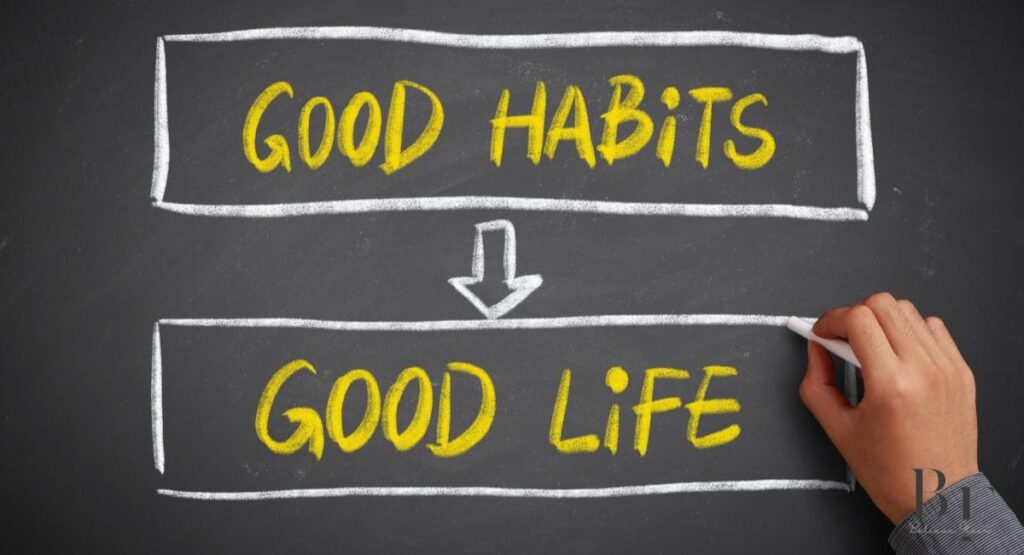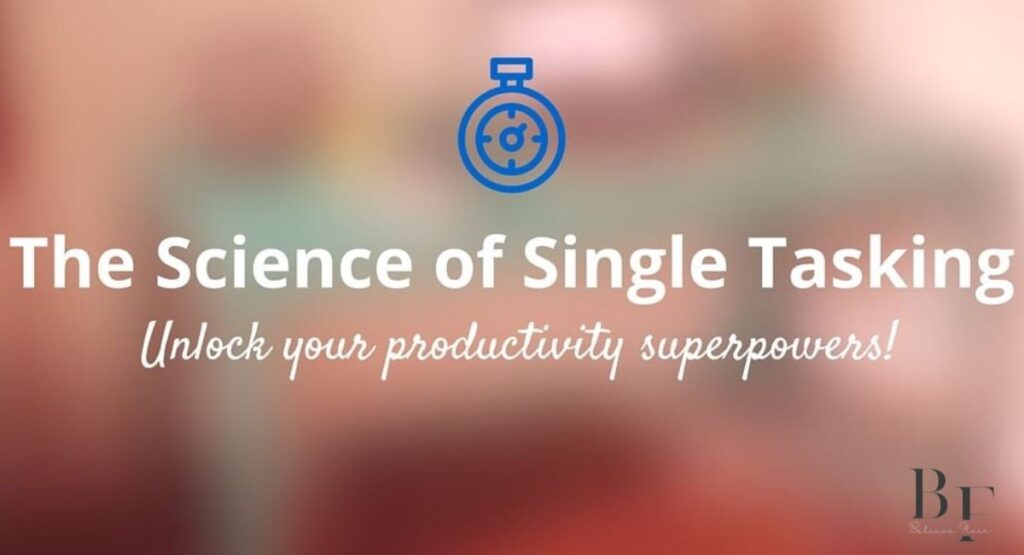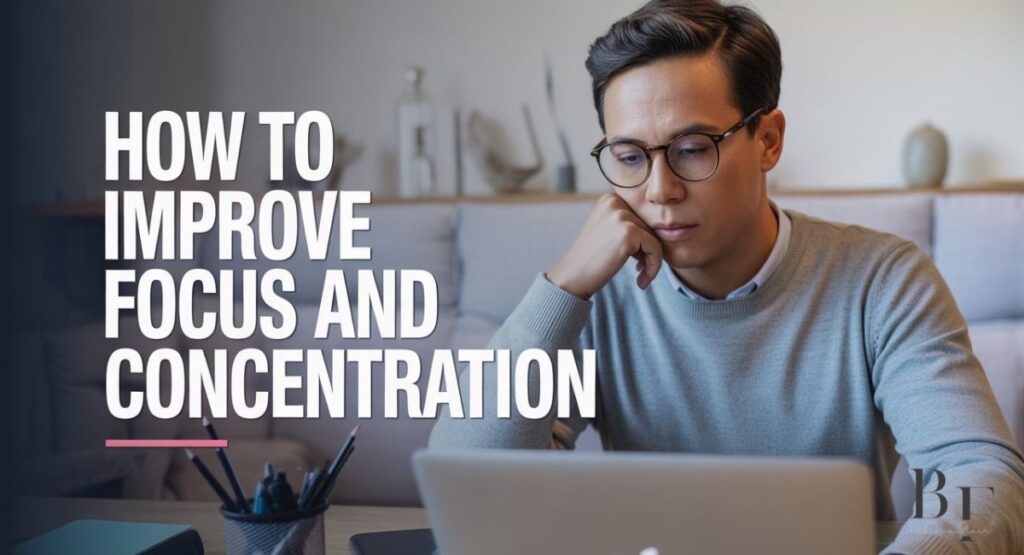Building strong daily habits is one of the most powerful ways to improve your focus and concentration. In today’s fast-paced world, staying on task can feel like a constant battle against distractions. But the right habits act as anchors for your mind, helping you maintain mental clarity and resist interruptions. Simple routines—like morning walks, structured planning, or limiting multitasking.
Train your brain to stay sharp. When practiced consistently, these behaviors boost your attention span and support long-term cognitive function. You don’t need fancy tools or extreme methods—just intentional steps that strengthen your mental focus each day. Let’s explore the best habits to help you reclaim control of your mind.
What Is Focus and Why Does It Matter?
Focus is your ability to keep your attention on one task. Concentration is how long you can hold that focus. Both are vital for better learning, working, and thinking clearly. Without them, your mind drifts. You forget things. You start tasks but don’t finish them. That’s how people fall into mental loops of low productivity and stress. Think of your brain like a flashlight. Wherever you shine it, that’s where the power goes. But if your flashlight flickers, or if you’re shining it all over the place, it’s not useful. That’s how unfocused thinking works. When your executive function is strong, you stay clear. And when your attention span grows, you get things done faster and better.
Understand the Root Causes of Poor Concentration

Many people think they have a motivation problem. Often, it’s a focus problem. Low concentration may come from bad sleep, mental fatigue, digital distractions, or poor nutrition. Conditions like ADHD, brain fog, and chronic stress also reduce your ability to think clearly. Your brain can’t work right if it’s tired, underfed, or overwhelmed. Cognition gets blocked when your environment is chaotic or when too much is happening around you. Social media, messages, noisy rooms—all pull your attention away. In the U.S., high screen time and packed schedules often add pressure. To fix the problem, you first need to understand where the distraction is coming from.
Build Daily Habits That Boost Your Brainpower

Your routine shapes your brain. Every day, you make choices that either help or hurt your mental focus. Small, daily actions like planning your day, writing goals, or journaling can strengthen your ability to stay present. These small wins train your brain to hold better concentration over time. A good routine also protects your executive function. Things like waking up at the same time, limiting tech in the morning, and doing a short meditation help you take control of your day. When your habits support your mental energy, you feel sharper, calmer, and more focused.
Start Your Day Right: Morning Routines That Enhance Focus
How you start your day matters. A great morning routine helps build dopamine—the motivation chemical. A short walk outside, some deep breathing, and a protein-rich breakfast can wake up your brain better than scrolling your phone. You’ll improve your attention, reduce mental fatigue, and feel more grounded. Avoid jumping into emails or apps right after waking up. Instead, move your body, drink water for hydration, and read something simple. Within just a week of doing this, you’ll notice better performance at work and more mental energy throughout the day. That’s how you start winning early.
Fuel Your Brain with the Right Nutrition and Supplements
Your brain needs fuel to stay focused. That fuel comes from good nutrition and hydration. Foods like eggs, berries, spinach, and fatty fish boost memory and cognitive function. Drinking enough water improves concentration, too. Even small changes in your meals can sharpen your thinking fast. Some people benefit from safe supplements. For example, omega-3s help with mental focus, while Rhodiola and L-theanine can reduce stress. The table below shows helpful options:
| Nutrient | Benefit | Source |
| Omega-3 Fatty Acids | Brain health, memory | Salmon, chia seeds |
| Magnesium | Reduces stress | Nuts, leafy greens |
| L-Theanine | Calms and sharpens focus | Green tea, supplements |
| Rhodiola Rosea | Fights fatigue, boosts mood | Capsules, herbal teas |
Always check with a healthcare provider before starting new supplements.
Use Focus Hacks and Brain-Training Techniques
You can build your focus like a muscle with brain training. Games like sudoku, chess, and memory cards improve visual attention and decision-making. Some apps even measure how fast your brain reacts under pressure. These workouts strengthen your cognition over time. If you’re into tech, try video games designed for attention skills. Studies show some games help kids and adults train their attention span. You can also use tricks like chewing gum, standing while working, or even doodling to stay sharp. These unusual methods help reset your brain and give you more mental clarity.
Master the Art of Single-Tasking

Doing one thing at a time is powerful. When you stop multitasking, your focus becomes deeper, and your work gets better. Instead of switching between tasks, set a timer and do one task for 25 minutes. Then take a short break. This method is called the Pomodoro technique. Another useful tool is timeboxing. You assign fixed time slots in your calendar to certain jobs. During that time, all you do is that one thing. You don’t check messages. You don’t scroll. You just focus. Over time, your brain gets used to this kind of training, and your attention improves naturally.
Take Smart Breaks to Reset Your Brain
Your brain needs rest to stay sharp. Working for hours without stopping burns you out and causes mental fatigue. But taking smart breaks can help. A 5-minute walk, a drink of water, or stepping outside can boost productivity and refresh your cognitive function. Breaks also support your neuroplasticity—your brain’s ability to grow and change. If you feel stuck or unfocused, that’s your signal to pause. After a short break, you often come back with new ideas or more energy. Breaks aren’t lazy—they’re brain fuel.
Manage Stress and Emotional Distractions

Stress is one of the biggest enemies of focus. When you’re anxious, your attention splits, and your performance drops. Techniques like deep breathing, meditation, and mindfulness help you return to a calm state. When your body relaxes, your mind sharpens. Apps like Calm or Headspace offer guided meditation sessions that only take a few minutes. You can also try journaling, calling a friend, or stepping into nature. Managing emotions is not about ignoring them. It’s about giving your brain a stable place to work and grow.
Optimize Your Environment for Deep Focus
Your workspace can help or hurt your focus. A noisy, cluttered, or chaotic area fills your mind with too much. Try to create a clean, calm, and focused environment. Add plants, reduce noise, and keep only what you need in sight. Some people use white noise or soft music to drown out distractions. Others turn off notifications completely. No matter your setup, the goal is to reduce what pulls you away from the task. A strong environment helps your brain enter a flow state where time disappears and you do your best work.
Final Thought
If you want to know how to improve focus and concentration, you now have 10 proven tools. From your routine to your diet, from meditation to exercise, small changes add up. These strategies work best when you stick with them daily. Train your brain, protect your attention, and take back control of your mental focus.
FAQs
- How do I fix my lack of focus?
Start by improving your sleep, limiting distractions, and creating a consistent daily routine that includes exercise, good nutrition, and focused work sessions.
- How to activate your brain’s focus mode?
Use the Pomodoro technique, remove distractions, and boost dopamine through short movement, hydration, and setting clear goals.
- Does magnesium help with brain fog?
Yes, magnesium supports cognitive function and can reduce mental fatigue and stress, both of which contribute to brain fog.
- Does coffee help with brain fog?
In moderation, coffee can enhance alertness and focus, but too much may worsen anxiety or cause crashes later. - Why is my concentration so poor?
Poor concentration is often linked to stress, poor sleep, multitasking, or underlying issues like ADHD or nutritional deficiencies.

Welcome to Believe Flair. Iam Qasim Ali, an AI-Powered SEO, and Content Writer With years of Experience. I help Websites rank higher, Grow traffic and amazing. My Goal is to make SEO and Web designing simple and effective for everyone. Lets achieve more together!


Your article are really cool. Its helps me alot